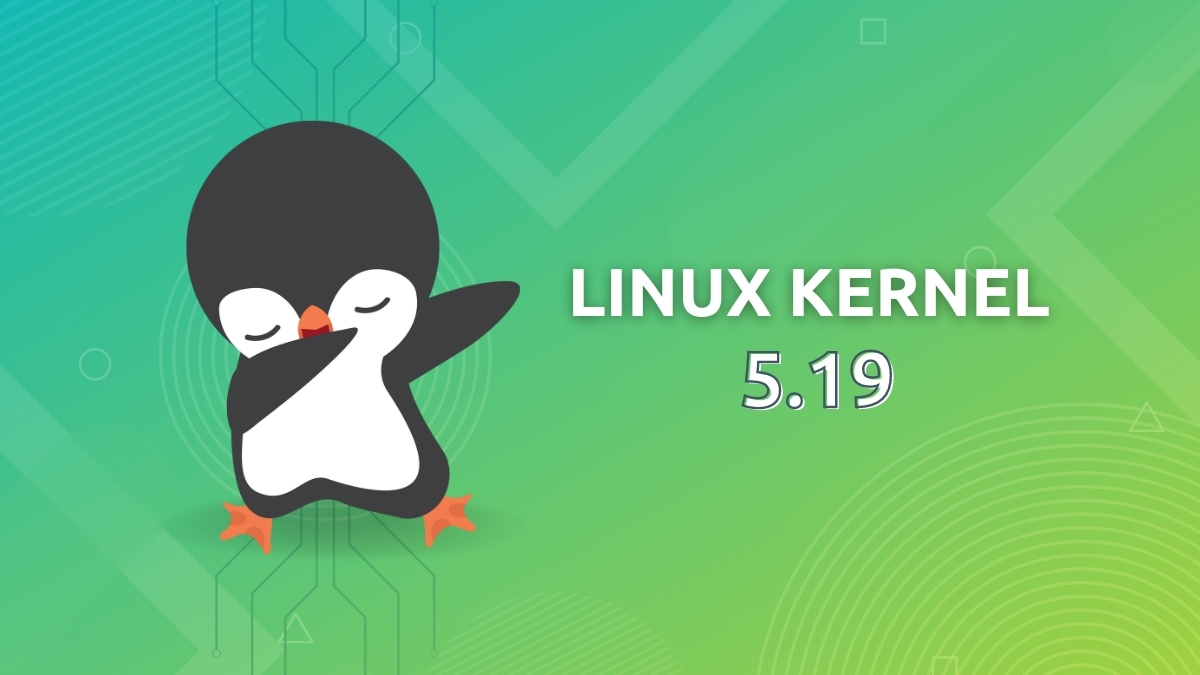
Linus Torvalds likes to build and fix things. Of course, he has the technical expertise to tinker with various things.
Not a surprise if you know that he created Linux as a clone of UNIX from scratch because he could not afford a UNIX system.
For a similar reason, he also built Git after BitKeeper was no longer free to use.
He continues his tinkerer spirit and the 'i can fix that' attitude even today.
He managed to run Fedora Linux 36 Workstation edition on his Apple Macbook Air M2.
Note: As informed by Hector Martin from Asahi Linux, it seems Linus Torvalds used Leif's tooling packages here. So, he didn't make everything from scratch to make it work, if you assumed otherwise.
We got to spot this exciting ordeal thanks to ZDNet's interview with Torvalds.
Fedora Linux on Apple M2 Silicon
Apple Macbook Air is an excellent laptop. But, it cannot entirely run Linux the way a consumer would want.
However, it seems that Linus Torvalds is a genius at making Linux work with Apple computers.
Even though there were no Fedora ports for Apple's ARM-based M2 chip, he did it anyway.
Note that it does not mean you can run Fedora Linux on Macbook Air M2 immediately. It is only suitable for Linux wizards like Torvalds to be able to make it work.
He says the experience is snappy even without graphics acceleration and the lack of some graphical effects on the GNOME desktop environment such as screen dimming.
I like it that way, it makes the display more snappy. I may turn those off on my other machines as well.
Indeed, this is an exciting achievement in general!
The State of Linux on Apple Silicon
Not just Linus Torvalds, but everyone has been impressed with Apple M1/M2 chips for their performance.
In fact, he utilized the Macbook Air M2 to release Linux Kernel 5.19.

As much as we would love to try it, Apple's M2 is not ready for Linux yet.
Fortunately, projects like Asahi Linux have constantly been improving Apple silicon support. They have also managed to make Linux work on the latest Apple M2 chip.
And, with efforts from the creator of Linux, it should be sooner than later we get to see a complete Linux experience on Macbook.
As of now, you can make it work with Asahi Linux, it is still not something to replace it as a daily driver for most users.
Suggested Read 📖
Interested in learning a bit more on Torvalds? We have an interesting collection here 👇

💬 What do you think about Fedora Linux running on Apple hardware? Do you want a specific distro to run on Apple M1/M2 powered devices? What would be that?
- Even the biggest players in the Linux world don't care about desktop Linux users. We do.
- We don't put informational content behind paywall. Your support keeps it open for everyone. Think of it like 'pay it forward'.
- Don't like ads? With the Plus membership, you get an ad-free reading experience.
- When millions of AI-generated content is being published daily, you read and learn from real human Linux users.
- It costs just $2 a month, less than the cost of your favorite burger.
Become a Plus Member today and join over 300 people in supporting our work.











